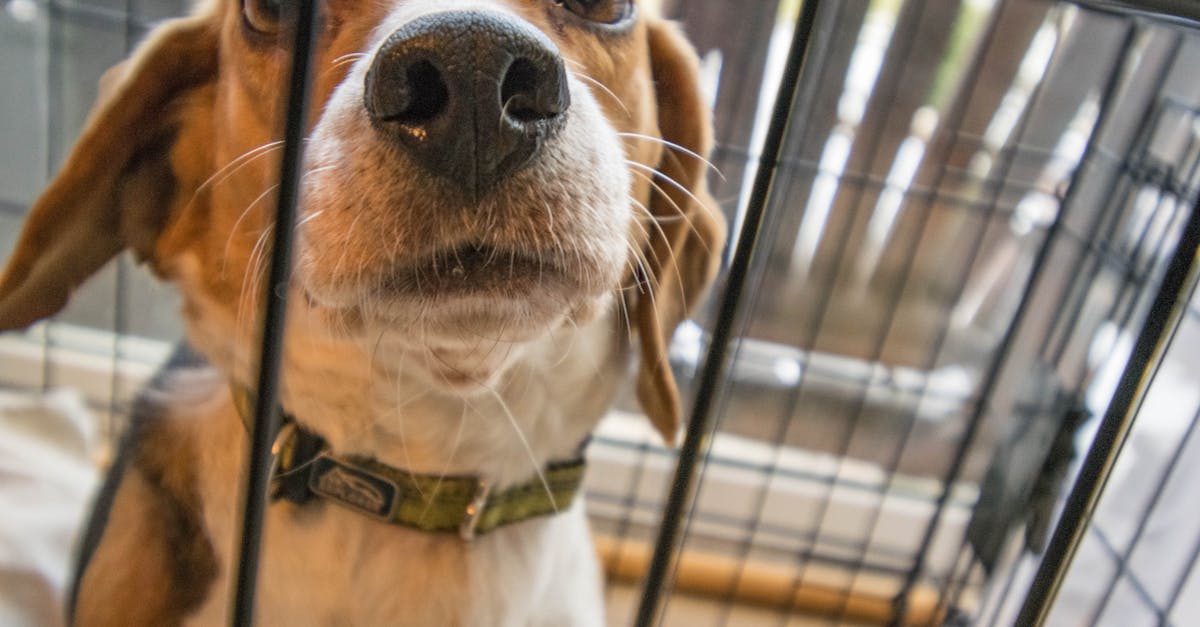When the temperature drops, some dog breeds seem to come alive, thriving in the snow and cold weather. If you’re looking for a canine companion that can handle icy conditions with ease, snow dogs are a perfect choice. These breeds have thick coats, natural endurance, and a love for outdoor adventures, even when it’s freezing. But which breeds are truly built for winter? Let’s dive into 12 snow dog breeds made for cold climates.
🐾 Breed Snapshot
Here are 12 dog breeds that excel in cold weather, thanks to their history, physical traits, and instincts:
- Alaskan Malamute
- Siberian Husky
- Samoyed
- Bernese Mountain Dog
- Newfoundland
- Saint Bernard
- Great Pyrenees
- Akita
- Tibetan Mastiff
- Keeshond
- Norwegian Elkhound
- Chow Chow
Each of these breeds is uniquely suited to cold weather, but they also have specific care needs to keep them happy and healthy. Below, we’ll explore their personalities, health considerations, and tips for pet parents.
🧬 Personality & Behaviour
Snow dog breeds tend to share certain personality traits, but there’s still plenty of variety among them. Here’s what you can expect from these winter-loving companions:
- Alaskan Malamute: Friendly, strong-willed, and excellent for active families.
- Siberian Husky: Outgoing, playful, and full of energy. They thrive in pack environments.
- Samoyed: Affectionate, social, and known for their iconic “Sammy smile.”
- Bernese Mountain Dog: Gentle giants that are calm, good with children, and eager to please.
- Newfoundland: Sweet, loyal, and excellent swimmers. They love being around water, even in the cold.
- Saint Bernard: Friendly, patient, and protective, making them great family dogs.
- Great Pyrenees: Independent and protective, but also gentle and affectionate with their families.
- Akita: Dignified, loyal, and naturally protective of their loved ones.
- Tibetan Mastiff: Independent and strong-willed but deeply loyal to their families.
- Keeshond: Playful, friendly, and known for their intelligence.
- Norwegian Elkhound: Energetic, alert, and great for active owners who love the outdoors.
- Chow Chow: Aloof and independent but deeply bonded to their families.
While these breeds are built for winter, they all have unique temperaments, so it’s important to choose one that matches your lifestyle and activity level.
🧼 Health & Grooming Needs
Snow dogs typically have thick, double-layered coats that provide insulation in cold weather. However, these coats require regular grooming to prevent matting and to control shedding. Here are some general grooming and health tips:
- Brush their coat 1–3 times per week (or daily during shedding season) to prevent tangles and mats.
- Inspect their paws after outdoor play. Snow and ice can accumulate between toes, causing discomfort or frostbite.
- Keep their nails trimmed to avoid slipping on icy surfaces.
- Provide proper joint support, as large breeds like Saint Bernards and Bernese Mountain Dogs are prone to hip dysplasia.
- Watch for signs of overheating, even in winter. Thick coats can trap heat during vigorous exercise.
Regular vet check-ups are essential to monitor their overall health, especially since large breeds often face joint and heart issues as they age. According to VCA Animal Hospitals, early detection of health problems is key to extending your pet’s quality of life (source).
💡 Vet Tips for Pet Parents
If you’re considering adding a snow dog breed to your family, here are some practical tips to ensure they thrive in your care:
- Plan for exercise: Snow dogs are high-energy breeds that need daily physical activity to stay healthy and avoid destructive behaviors.
- Be prepared for shedding: Their thick coats mean year-round shedding, so invest in a good vacuum and grooming tools.
- Socialize early: Many snow dog breeds, like Siberian Huskies and Akitas, have strong prey drives. Early socialization and training can help manage these instincts.
- Provide mental stimulation: Intelligent breeds like Keeshonds and Norwegian Elkhounds need puzzles, games, and training challenges to stay engaged.
- Protect them from heat: While they excel in the cold, snow dogs can overheat in warmer climates. Provide plenty of shade, water, and avoid exercise during the hottest parts of the day.
Lastly, consider your living situation. Many snow dog breeds, like the Alaskan Malamute and Great Pyrenees, thrive in homes with large yards or access to outdoor spaces where they can roam and explore safely.
FAQs
Q: Can snow dogs live in warmer climates?
A: While snow dogs are built for cold weather, they can adapt to warmer climates with proper care. Limit outdoor activity during peak heat, provide plenty of water, and keep them cool indoors.
Q: Do snow dogs get along with kids and other pets?
A: Many snow dog breeds are excellent with children and other pets when socialized properly. Breeds like the Bernese Mountain Dog and Saint Bernard are particularly gentle with kids.
Q: How much exercise do snow dogs need?
A: Snow dogs are typically high-energy breeds that require at least 1–2 hours of exercise daily. Activities like hiking, running, or pulling sleds are great ways to keep them active.
Book a $49 online vet consultation at https://www.dialavet.com for fast, expert advice.























